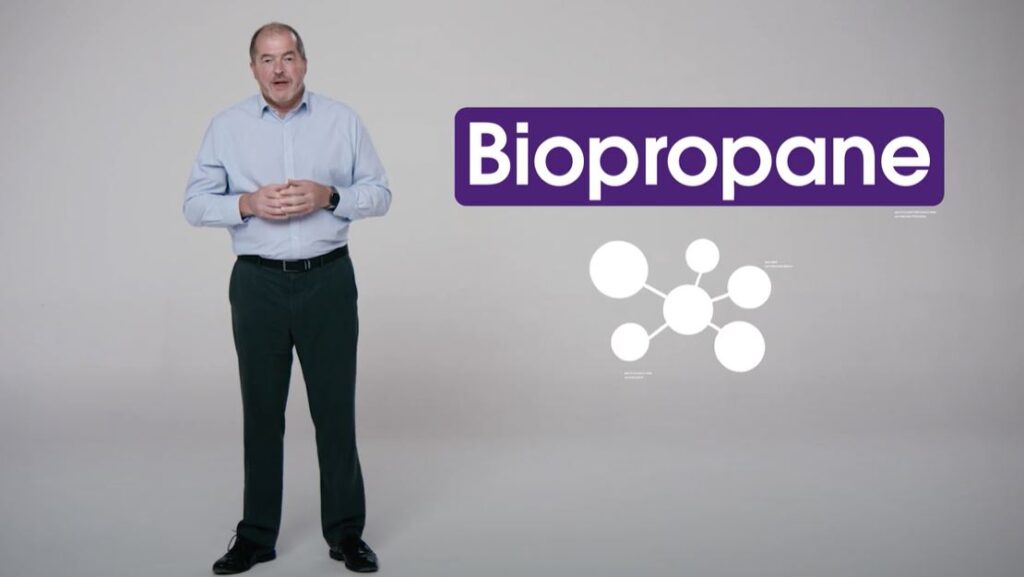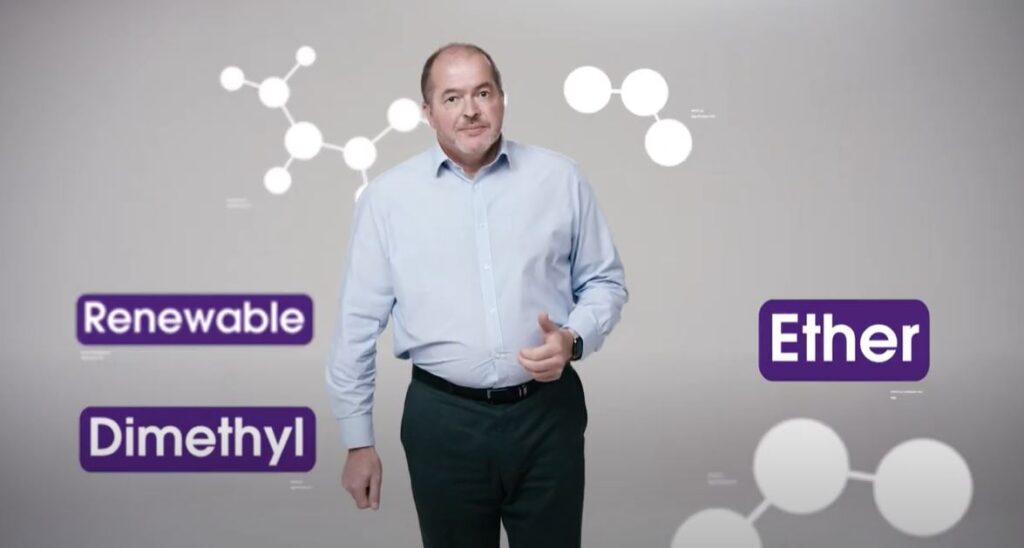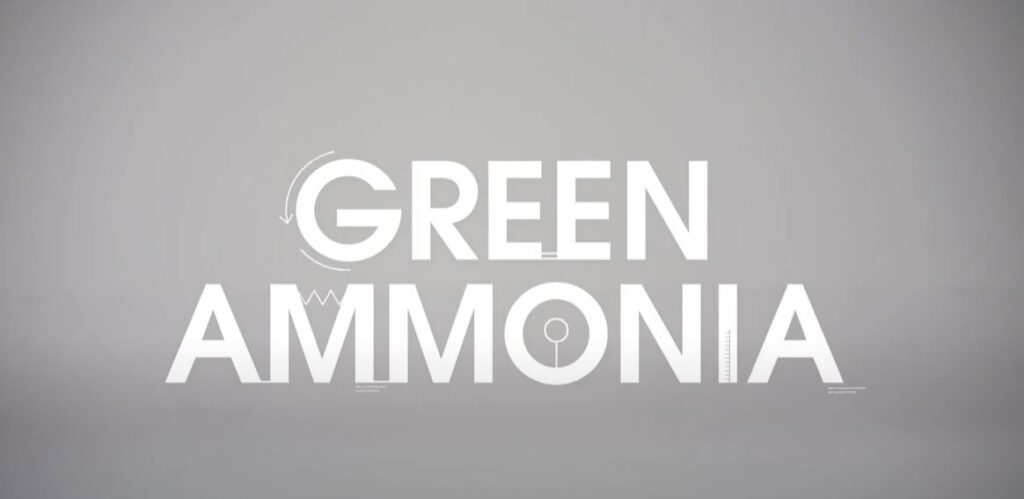Future fuels
Fuels of the future
Whilst it’s true that LPG is a low-carbon fuel*, here at Flogas we are still committed to our ambition of supplying our customers with 100% renewable energy by 2040.
Read more about our 2040 Pathway
We continue to invest in research and development of fuels that will help contribute to a sustainable future. Learn more about these fuels here.
Biopropane (BioLPG)
What is Biopropane?
Biopropane is a renewable and sustainable alternative to traditional propane, derived from biological sources such as biorefining, using feedstocks such as used cooking oil, which goes through a process called hydrogenation to create biopropane as well as biodiesel.
What is so good about it?
Biopropane shares similar chemical properties with conventional propane (LPG). Unlike fossil fuels, biopropane reduces the carbon footprint and dependency on finite resources, making it a more sustainable option.
rDME
What is rDME?
Renewable Dimethyl Ether (rDME) is a sustainable and renewable alternative to traditional Dimethyl Ether (DME), which is a clean-burning and colorless gas commonly used as an aerosol propellant. rDME is produced from renewable resources such as biomass, organic waste, or other sustainable feedstocks. The production process typically involves the conversion of biomass through various methods like gasification and synthesis.
What is so good about it?
rDME shares many characteristics with conventional DME, so up to 20%** can be blended with propane, using the same LPG infrastructure and appliances. Typically it has 74% less carbon than fossil propane***.
Green Ammonia
What is Green Ammonia?
Green ammonia is an environmentally friendly version of ammonia produced using renewable energy sources. Unlike conventional methods that rely on fossil fuels, green ammonia is produced from electrolysis, using renewable sources such as wind or solar. Ammonia is a toxic gas, if it were to leak, but it is still a viable alternative for industrial uses.
What is so good about it?
Flogas and Cardiff University have formed a consortium, The Amburn Project to create the world’s first ammonia-fed steam boiler, which will avoid the cost of having to crack the ammonia back to hydrogen before it is burned as a fuel. Read more here.
* Reference: WLPGA, ‘The Role of LPG and bioLPG in Europe, p.8 2019 EEA
**Reference: Liquid Gas Europe
Of course, some of these fuels are still in early development stages and will take a while to become mainstream. If you would like to hear about our progress and other developments in new energies from Flogas, such as solar power or heat pumps, sign up now.


